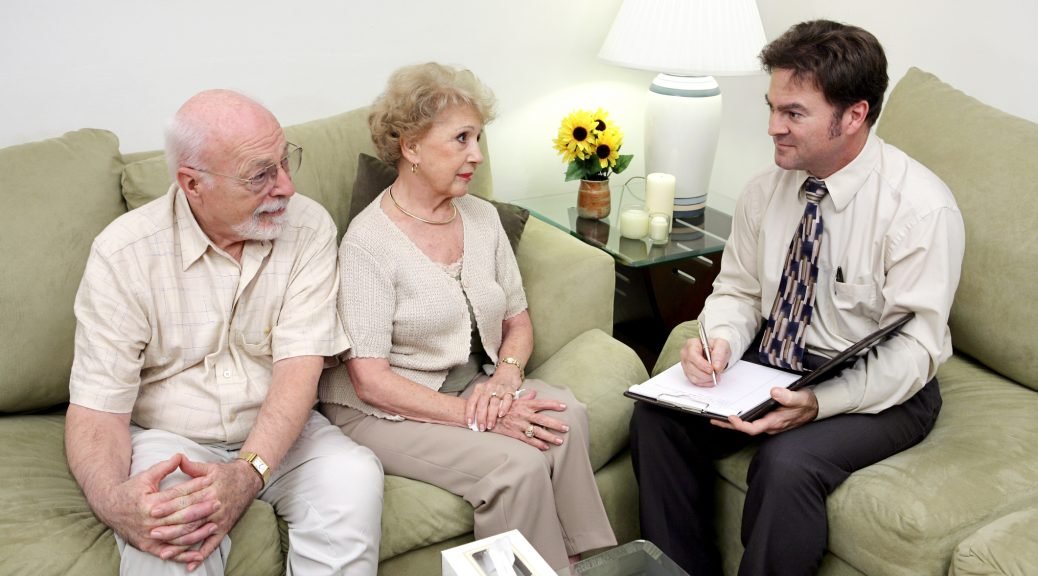Both for counselors and clients involved in mental support, increased levels of physical, emotional, mental, or spiritual stress can make challenges worse. It is fairly common knowledge that anxiety, panic, fear, anger/rage, loss of focus, PTSD, chemical dependency and other forms of addiction, and compulsive behaviors are either created, or made worse, as a response to stress. I believe that depression or depressive episodes are often the back side of anxiety (and over stimulation.) With the physiologic response to stressors/anxieties at least partially shutting down the higher function of the decision making neo-cortex, stress can lead to poor problem solving, reduced abilities to communicate, and increased psycho-pathologies.
If you can see the role stress plays in relationship to increased mental health challenges, then the contrary, the practice of stress management, can lead to reduced demonstrations of symptoms. Forms of stress management, biofeedback, “desensitization,” “mindfulness,” and other anxiety reducing practices (like yoga, meditation, diet, exercise, etc) can prove very therapeutic in helping to control the causes of anxiety/stress related symptoms. Beyond symptom control, for the motivated client, I feel that using these techniques until mastered and then regularly, and preventively, can benefit a person by “empowering” them with body awareness, present living mindfulness, and new skills to control stressed out physiologies.
Empowerment of the individual is the key! Self-awareness and then self-control (of habitually held stress) enables a person to feel better in control of available time and energy and better able to self-minimize, if not eliminate, psychological symptoms and emotional/spiritual pain & conflict. Spending time in a “positive” way, in the present moment, leads to reduced fear and anxiety. This new self-control can often lead to reduced needs for psycho-active medications, alcohol, or street drugs.
Stress management, biofeedback, other behavioral techniques, and other stress reducing practices are not difficult to learn, but finding the time and motivation to use these effective techniques often requires support and counsel. For therapists, counselors, teachers, and concerned family members, these same techniques are essential in minimizing the potential for “burn-out,” “over-load,” and reduction in the ability to care for your client, student, or family member. To be a positive role model by regularly practicing stress management, seems an obvious self-care strategy that serves all parties in therapeutic relationships.
I may be “preaching to the choir” but even the obvious needs to be restated. Basic stress management is a necessary element to psycho-therapy. The extra element of simple biofeedback practices is a beneficial feature offering personal awareness that leads to better levels of self-control.
About the Author:
Since 1978, the Stress Education Center has offered coaching, training and products for stress management.
L. John Mason, Ph.D. is the country’s leading stress management expert and the author of the best selling “Guide to Stress Reduction.” Since 1977, he has offered Success & Executive Coaching and Training.
Please visit the Stress Education Center’s website at Stress, Stress Management, Coaching, and Training for articles, free ezine signup, and learn about the new telecourses that are available. If you would like information or a targeted proposal for training or coaching, please contact us at (360) 593-3833.
If you are looking to promote your training or coaching career, please investigate the Professional Stress Management Training and Certification Program for a secondary source of income or as career path.




